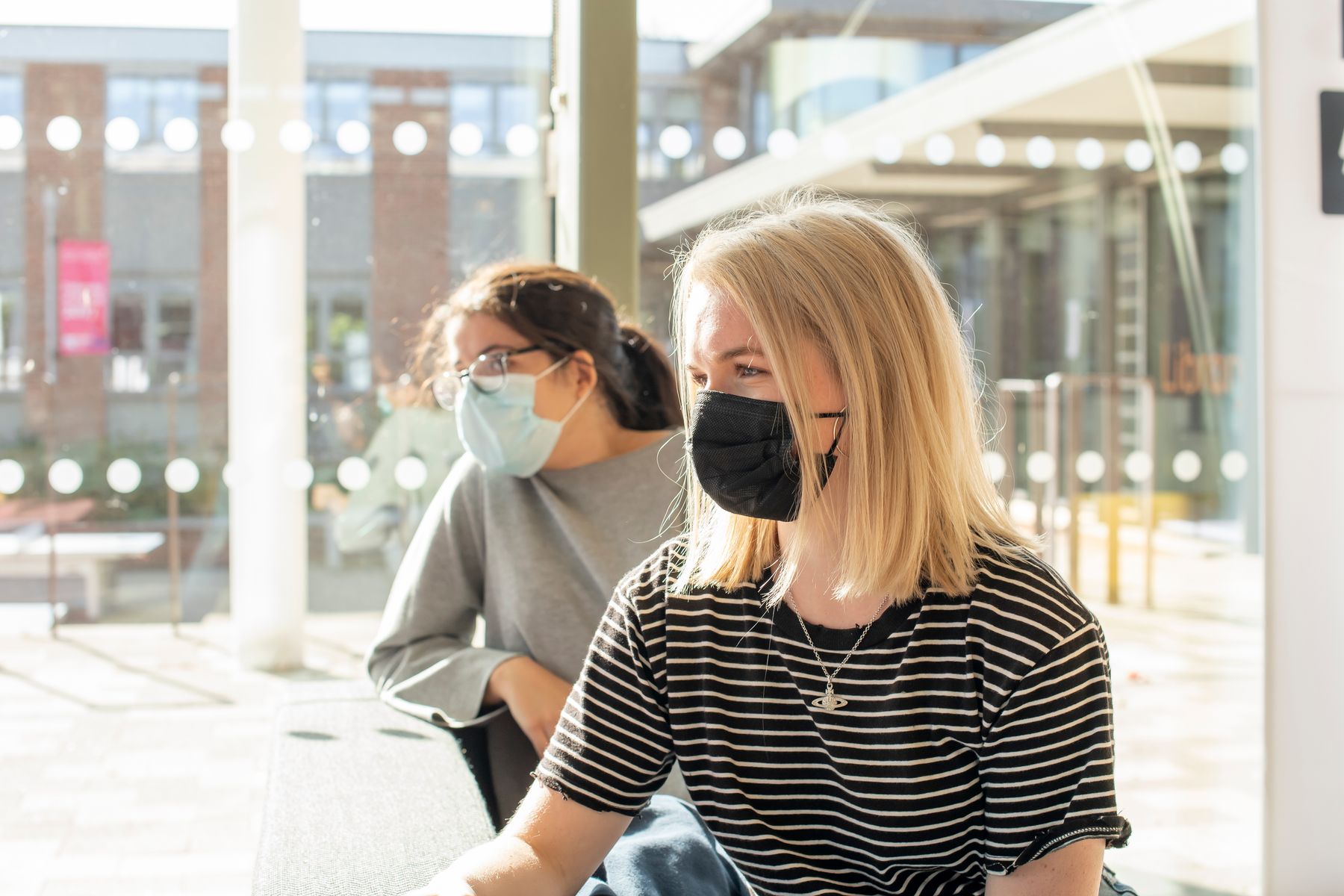Overview
This proposed project provides a suitable researcher with the opportunity to investigate the role of political propaganda during the Covid-19 crisis. According to Hans Morgenthau (1967: 325), propaganda constitutes the development of “intellectual convictions, moral valuations, and emotional preferences” within a target audience that support the interests of the source of the communications. Thus, through the prism of critical theory, communications theory, ethics and/or social psychology, the project thereby seeks to better understand how and why this communications strategy emerged, the rationale and thought processes of communications decision-makers, and to provide critical analysis of the content itself. The project will place an emphasis upon visual communications and the scrutiny of posters, billboards, placards, flyers, wearables, digital advertising, TV advertising, motion graphics and/or social media campaigns in particular.
We are looking for innovative PhD proposals that critically investigate the role that visuality and visual communication played during the Covid-19 crisis and how such content relates to understandings of propaganda. The project is also interested in addressing the ethics of pursuing these strategies and whether a declared crisis alters what ought to be perceived as ethically acceptable political communications that seek to monitor and drive public behaviour. In the first instance, we are keen to attract outstanding PhD proposals concerned with well-defined case studies in the United Kingdom. However, the team are also open to international case studies where a clear link to political propaganda, ethics and visuality can be established.
Applicants should already have a strong understanding of communications theory and either ethics or social psychology and be interested in visual communications. Interest in critically exploring the Covid-19 pandemic is a must. We support PhD projects via the traditional research degree format consisting of an original written thesis. Applicants from a range of backgrounds, whether that is within academia, industry, governmental, non-governmental organizations or cultural organisations are encouraged to apply for this opportunity.
Reflecting the interdisciplinary nature of the research, the proposed project is a collaboration between two schools at NTU. The successful applicant would be principally supervised by Dr Colin Alexander, Senior Lecturer in Political Communications within the School of Arts & Humanities, with secondary supervision from Dr Marco Bohr, Associate Professor in Visual Communication in the School of Art & Design. Additional supervision expertise will be considered on a case-by-case basis and where appropriate. Potential applicants are welcome to contact Dr Alexander at colin.alexander@ntu.ac.uk for any enquiries. Successful applicants would have access to several research centres within the University including the Design Research Centre, the Centre for the Study of Inequality, Culture and Difference and the Postcolonial Studies Centre.
Those interested in applying for this PhD opportunity are welcome to send a draft proposal of circa 1,500 words (excluding a bibliography) directly to Dr Colin Alexander for feedback and guidance. Under clear headings or subheadings, the proposal should contain the following information: the proposed title of the project, the research area, the research question(s) to be investigated including an explanation of why the proposed research area is likely to lead to high quality research outcomes, why the research area has been chosen, the methodology, the research context including references to other work in the field, the purpose and originality of the research as well as a full bibliography. Please see Research Degrees at NTU for further information.
Entry requirements
Entrants must have a Bachelors and a Masters Degree in a subject area relevant to the PhD research. Each degree must have been obtained with a minimum 2:1 classification. English language fluency is essential.
How to apply
There is no application deadline for this project. For a step-by-step guide and to make an application, please visit our how to apply page.
Fees and funding
This opportunity is for self-funded PhD students. Applicants are encouraged to apply for external funding and we will support this process if appropriate and when required. Please see our fees and funding page for more information.
Staff profiles
Entry qualifications
Entrants must have a Bachelors and a Masters Degree in a subject area relevant to the PhD research. Each degree must have been obtained with a minimum 2:1 classification. English language fluency is essential.
How to apply
Applications for this PhD are accepted all year round. Please visit our how to apply page for a step-by-step guide and make an application.
Fees and funding
This opportunity is for self-funded PhD students. Applicants are encouraged to apply for external funding and we will support this process if and when required. Find out about fees and funding for PhD projects.
Guidance and support
Find out about guidance and support for PhD students.
